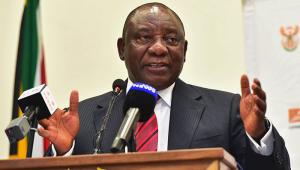Web-BusyBeijing_iStock_000046911174_Large.jpg

A busy street in Beijing, China. Image © iStock
Spending in the first 10 months of the year fell by 1.1% compared to the same period in 2020, while the deficit reached 2.1% of GDP compared to 5.3% last year and the 8% target included in the 2021 budget, according to the latest China Economic Update report from the World Bank.
The economy rebounded from the Covid-19 shock strongly in the first half of this year, but this has “cooled rapidly” since, the report said, and the report authors said spending should often increase during times of slow growth.
“China’s fiscal policy has been notably tighter than planned under the 2021 budget, even as the economy slows,” the report said.
It pointed to “sluggish” spending on infrastructure, as well as health, education and social security spending by the end of October having fallen from the same period in 2020 – from 6.9% of GDP to 6.5%.
Revenue has performed strongly, though, particularly from high tax takings as the economy rebounds, compared to last year when lockdown restrictions were in place.
The World Bank said authorities should consider increasing spending in order to spur the recovery further.
“Following considerable fiscal tightening in 2021, China has fiscal space, especially at the central level, to provide fiscal support to strengthen short-term demand should economic activity weaken,” the report said.
“A looser fiscal stance would also help rein in external imbalances.
Furthermore, reorienting fiscal efforts toward social spending and green investment rather than traditional infrastructure investment would facilitate the rebalancing to a more sustainable structure of China’s economy.”













